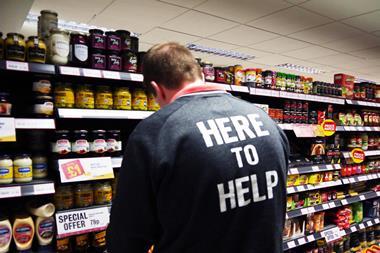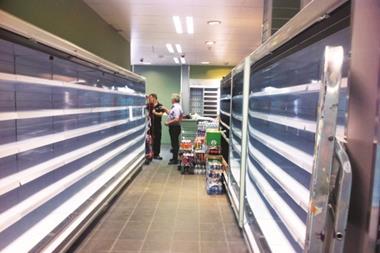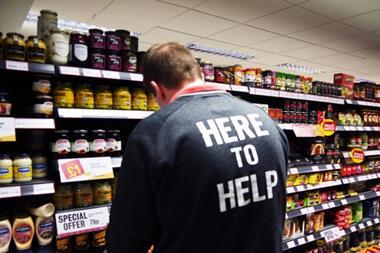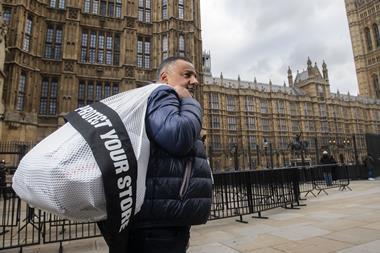National Living Wage hits smaller businesses harder, LPC admits

The National Living Wage (NLW) may have had a disproportionate effect on convenience stores and other micro and small businesses, the Low Pay Commission (LPC) has admitted.
ALREADY HAVE A REGISTERED USER ACCOUNT? PLEASE LOG IN HERE
To read the full story join the ConvenienceStore.co.uk community today!
Registration is quick and easy and provides access to:
- Unlimited ConvenienceStore.co.uk articles
- Our great range of newsletters
- Content you’ve saved for later via the ‘my library’ feature
And much more…
























